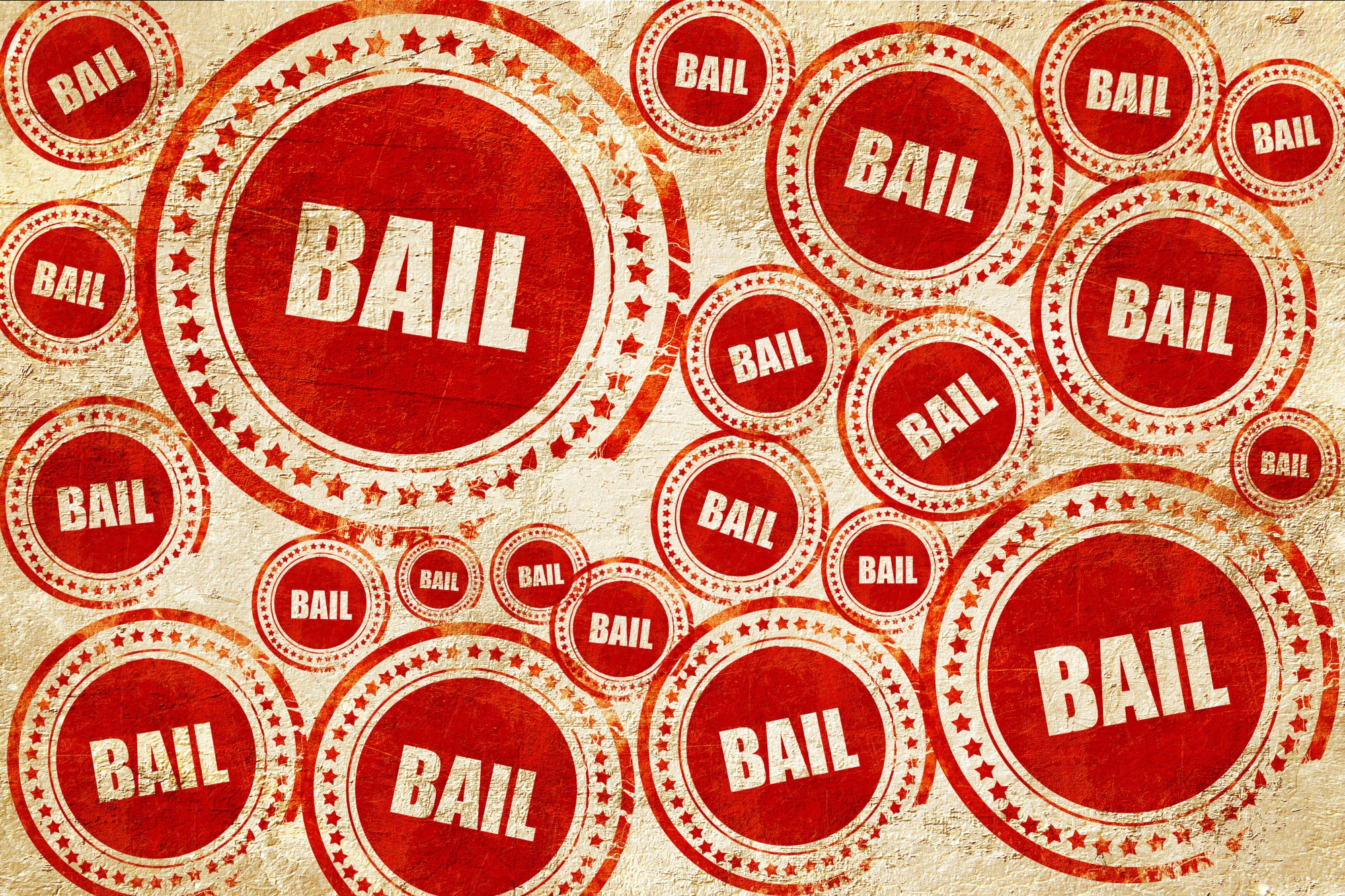Experienced Bail Bondsman Dayton Ohio - Quick Release Solutions
Experienced Bail Bondsman Dayton Ohio - Quick Release Solutions
Blog Article
Opening the Tricks of Bail Bonds: A Comprehensive Introduction
Navigating the intricate world of Bail bonds can usually seem like decoding a cryptic code, with layers of complexity that continue to be hidden to many. From the numerous kinds of Bail bonds readily available to the crucial function of a co-signer, each component plays an essential part in this legal process. As we decipher the web of complexities surrounding Bail bonds, a clearer understanding emerges, dropping light on the systems that underpin this system. Join us as we dig much deeper right into the nuanced aspects of Bail bonds, revealing the keys that lie within and demystifying this commonly nontransparent realm.
Understanding Bail Bonds Process
When encountering a lawful scenario that requires uploading Bail, understanding the Bail bonds process is essential to navigate the complexities of the judicial system effectively. Bail bonds work as an economic assurance to the court that the defendant will certainly stand for all required court looks. This process entails a bail bondsman, that generally charges a non-refundable charge, normally around 10% of the overall Bail amount, to post the Bail in support of the accused.

In addition, collateral, such as residential property or possessions, might be called for to protect the bail bond. Understanding the terms of the bail bond contract is essential to ensure conformity and avoid any added legal consequences. By understanding the Bail bonds process, people can make enlightened decisions when navigating the lawful system.
Kinds Of Bail Bonds Available
The most usual type is a surety bond, where a bond bondsman pays the full Bail quantity on part of the offender in exchange for a non-refundable fee, typically around 10% of the overall Bail. Cash money bonds call for the complete Bail quantity to be paid in cash money prior to the defendant can be launched.
In addition, there are federal Bail bonds for situations entailing government costs and immigration bonds for individuals apprehended by Migration and Traditions Enforcement (ICE) Recognizance, or trademark bonds, are provided based on the defendant's pledge to show up in court without calling for any kind of payment. Lastly, transfer bonds are utilized when an accused is jailed in a different state and requires to post Bail to be launched. Comprehending the different kinds of Bail bonds available can help defendants navigate the lawful procedure better.
Duties of the Co-Signer

In addition, as a co-signer, you are accountable for making sure that the accused complies with any kind of problems set by the court, such as participating in counseling or avoiding particular tasks. It is necessary to preserve open interaction with the offender to check their compliance and resolve any kind of problems promptly. Eventually, being a co-signer entails a considerable degree of count on and responsibility, as you are economically and lawfully tied to the offender's Bail responsibilities.
Repercussions of Missing Bail

Avoiding Bail can have major lawful consequences for both the co-signer and the offender included in the bail bond contract. When a defendant fails to show up in court as required after posting Bail, the court commonly issues a warrant for their apprehension. This not just exacerbates the accused's lawful problems but likewise places the co-signer in danger.
For the accused, avoiding Bail can bring about extra criminal charges, such as contempt of court or Bail jumping, which can lead to fines, an abrogation of Bail privileges, or even jail time. Additionally, the offender may lose the Bail amount paid and any type of collateral supplied.
Co-signers additionally face significant repercussions if the accused misses Bail. As the co-signer guarantees the defendant's appearance in court and is financially liable for click over here the full Bail amount, they may be needed to pay the entire Bail if the accused absconds. This can result in monetary stress, harmed credit, and potential lawsuit versus the co-signer.
Secret Consider Bail Bond Authorization
A lot more severe offenses might lead to greater Bail quantities or even a denial of Bail entirely. A history of previous convictions or a pattern of skipping court days can raise red flags and make it more challenging to safeguard a bail bond.
Furthermore, the connections the defendant has to the neighborhood can influence the approval of a bail bond. The capability to pay the Bail amount or offer collateral can increase the possibilities of bail bond approval. Eventually, a combination of these variables is considered by the court when determining whether to approve a bail bond.
Verdict
Finally, understanding the Bail bonds procedure, the kinds readily available, the duties of the co-signer, the effects of avoiding Bail, and the essential consider bail bond authorization are critical for navigating the lawful system. By acquainting oneself with these elements, people can make educated decisions and guarantee a smoother procedure when handling Bail bonds. It is necessary to follow the needs and standards set forth to prevent any type of prospective complications.
The most usual kind is a guaranty bond, where a bond bondsman pays the complete Bail quantity on part of the defendant in exchange for a non-refundable fee, normally around 10% of the overall Bail. By signing the bail bond agreement, you are taking on the obligation of assuring the full Bail amount if the defendant stops working to show up in court - bail bonds near dayton.Skipping Bail can have severe visite site lawful repercussions for both the co-signer and the accused involved in the bail bond contract. The capacity to pay the Bail quantity or supply collateral can enhance the possibilities of bail bond approval.In final thought, recognizing the Bail bonds procedure, the types offered, the duties of the co-signer, the repercussions of skipping Bail, explanation and the key aspects in bail bond authorization are essential for navigating the legal system
Report this page